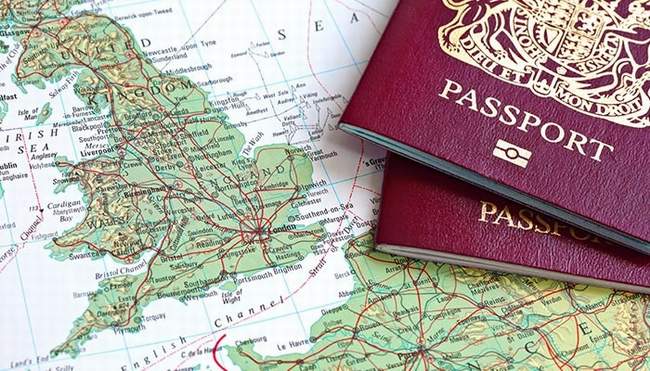The High Court has been asked by Project for the Registration of Children as British Citizens (PRCBC) to review whether the £1,012 fee imposed on children to register as British citizens – described by the current Home Secretary as “a huge amount of money” – is lawful. The huge fee bars children born in the UK, children who have lived here nearly all their lives and children with settled status from citizenship. The Home Office accepts that only £372 of the fee represents the cost of administering registration. The fee applies to all children including those in local authority care, the destitute, the disabled, and the stateless.
On 14 June 2018, PRCBC issued judicial review proceedings in the High Court to challenge this fee. Mishcon de Reya are acting pro bono as solicitors, and Amanda Weston QC and Richard Reynolds of Garden Court Chambers are acting pro bono as counsel, for PRCBC.
The challenge: When Parliament passed the British Nationality Act 1981, birth in the UK no longer meant automatic entitlement to British citizenship. Instead the Act provided for those with a “close personal connection” with the UK to acquire citizenship. For example, the Act included an entitlement for children born in the UK to register on reaching 10 years independently of their parents’ status. Parliament recognised that a general discretion for the Home Secretary to register any child as British was also necessary, to ensure citizenship for other children connected to the UK.
The consequences for a child of being unable to register as British are many and potentially severe; and mirror what has so recently been exposed as appalling treatment of so many people of the Windrush generation. Without citizenship, a child may be subject to immigration powers, including powers to remove them from the country, or blocked from work, education, health and other services and opportunities available to their British peers. They may also be unable to pass on citizenship to their children meaning the exclusionary impact of the fee extends across generations.
PRCBC in its judicial review, claims that in imposing a profit-making element on children’s citizenship the Home Office has acted unlawfully because it is under a duty to safeguard and promote the welfare of children and to act in children’s best interests unless those interests are clearly outweighed by other serious public interest factors. The Home Office has conducted no assessment of the impact of the fee upon children.
PRCBC’s position is that no child should be required to pay more than the administrative cost to register as a British citizen; no child in local authority care should be required to pay any fee to register; and waivers should be available to any child who cannot afford any fee to ensure it is not a barrier to a child registering as British.
An Early Day Motion on this fee has attracted support from all parties with seats in the House of Commons: https://www.parliament.uk/edm/2017-19/1262
Amnesty International UK’s children’s human rights network are campaigning in support of PRCBC’s demands and have launched a petition: https://www.amnesty.org.uk/actions/home-office-stop-profiteering-childrens-rights
If you have information to provide in support or are aware of a child unable to register by reason of the fee, please contact Lucy Grant of Mishcon de Reya at: PRCBC@mishcon.com
